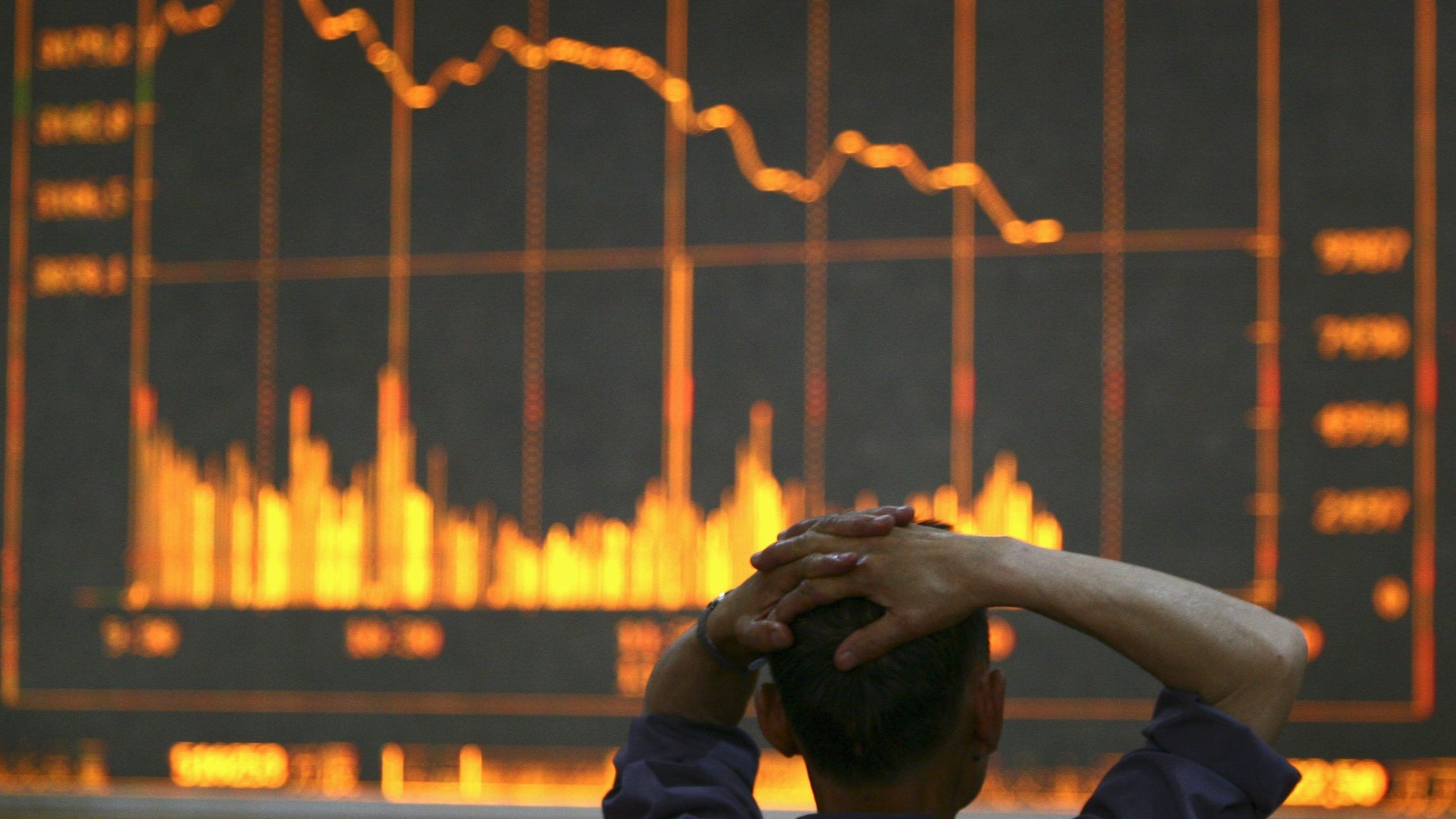Can AI Technology Spark a Worldwide Economic Crash?
25.07.2024 14:00 1 min. read Alexander Stefanov
Artificial intelligence (AI) is transforming global economies, but its rapid growth raises concerns about potential economic instability.
While AI promises improved efficiency and security, experts warn of privacy, ethics, and misinformation issues.
Research shows that companies using AI for automation might cut jobs during downturns, negatively impacting employment. Sebnem Ozdemir, head of the Data Science Department at Istinye University, emphasized understanding specific AI types to assess risks.
Data-driven AI can lead to unfair competition and transparency issues, and black box AI systems are particularly concerning due to their opaque decision-making processes.
Generative AI technologies, such as GPT and large language models (LLMs), pose risks of generating false information. Despite their design to simulate knowledgeable humans, these AI tools can make significant errors.
Ozdemir noted AI’s advantages, such as increasing company profits and market dominance, but stressed the need for proper data training to avoid biased outcomes. She highlighted that AI cannot fully replace human workers yet, and the expertise of AI trainers is crucial. While AI systems for financial expertise are developing rapidly, human oversight remains necessary for the foreseeable future.
-
1
Billionaire Slams Meme Stock Hype and Sounds Alarm on U.S. Fiscal Health
15.06.2025 18:00 2 min. read -
2
Robert Kiyosaki Predicts 2025 “Super-Crash,” Urges Hoarding Gold, Silver, and Bitcoin
23.06.2025 13:31 2 min. read -
3
Nassim Taleb Says Global Trust Is Shifting from the Dollar to Gold
22.06.2025 17:00 1 min. read -
4
Billionaire Investor Sees Dollar Crash If Key Support Breaks
18.06.2025 15:00 1 min. read -
5
Geopolitical Shockwaves Hit Ethereum Hard While Bitcoin Stays Resilient
22.06.2025 16:21 1 min. read
Robert Kiyosaki Predicts When The Price of Silver Will Explode
Robert Kiyosaki, author of Rich Dad Poor Dad, has issued a bold prediction on silver, calling it the “best asymmetric buy” currently available.
U.S. PCE Inflation Rises for First Time Since February, Fed Rate Cut Likely Delayed
Fresh data on Personal Consumption Expenditures (PCE) — the Federal Reserve’s preferred inflation gauge — shows inflation ticked higher in May, potentially delaying the long-awaited Fed rate cut into September or later.
Trump Targets Powell as Fed Holds Rates: Who Could Replace Him?
Federal Reserve Chair Jerome Powell is once again under fire, this time facing renewed criticism from Donald Trump over the Fed’s decision to hold interest rates steady in June.
U.S. National Debt Surge Could Trigger a Major Crisis, Says Ray Dalio
Billionaire investor Ray Dalio has sounded the alarm over America’s soaring national debt, warning of a looming economic crisis if no action is taken.
-
1
Billionaire Slams Meme Stock Hype and Sounds Alarm on U.S. Fiscal Health
15.06.2025 18:00 2 min. read -
2
Robert Kiyosaki Predicts 2025 “Super-Crash,” Urges Hoarding Gold, Silver, and Bitcoin
23.06.2025 13:31 2 min. read -
3
Nassim Taleb Says Global Trust Is Shifting from the Dollar to Gold
22.06.2025 17:00 1 min. read -
4
Billionaire Investor Sees Dollar Crash If Key Support Breaks
18.06.2025 15:00 1 min. read -
5
Geopolitical Shockwaves Hit Ethereum Hard While Bitcoin Stays Resilient
22.06.2025 16:21 1 min. read


